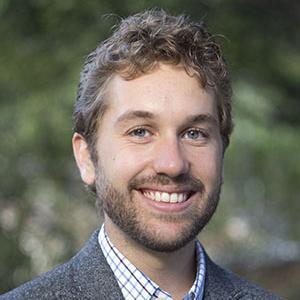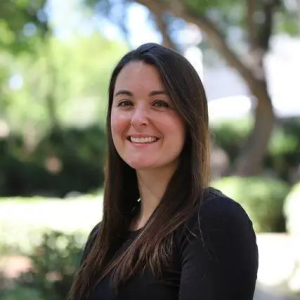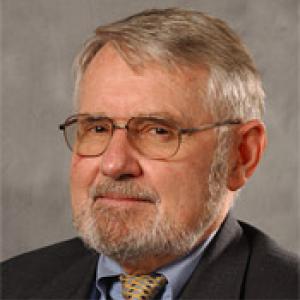Anthony Yezzi

Anthony Yezzi
Julian T. Hightower Chair; School of Electrical and Computer Engineering
Professor; School of Electrical and Computer Engineering
Professor Yezzi was born in Gainsville, Florida and grew up in Minneapolis, Minnesota. He obtained both his Bachelor's degree and his Ph.D. in the Department of Electrical Engineering at the University of Minnesota with minors in mathematics and music. After completing his Ph.D., he continued his research as a post-Doctoral Research Associate at the Laboratory for Information and Decision Systems at Massachusetts Institute of Technology in Boston, MA. His research interests fall broadly within the fields of image processing and computer vision. In particular he is interested in curve and surface evolution theory and partial differential equation techniques as they apply to topics within these fields (such as segmentation, image smoothing and enhancement, optical flow, stereo disparity, shape from shading, object recognition, and visual tracking). Much of Dr. Yezzi's work is particularly tailored to problems in medical imaging, including cardiac ultrasound, MRI, and CT. He joined the Georgia Tech faculty in the fall of 1999 where he has taught courses in DSP and is working to develop advanced courses in computer vision and medical image processing. Professor Yezzi consults with industry in the areas of visual inspection and medical imaging. His hobbies include classical guitar, opera, and martial arts.
404.385.1017
Office Location:
TSRB 427
Lab of Computational Computer Vision
Computer Vision; Image Processing; Shape Optimization; Geometric PDE's
IRI Connections:









